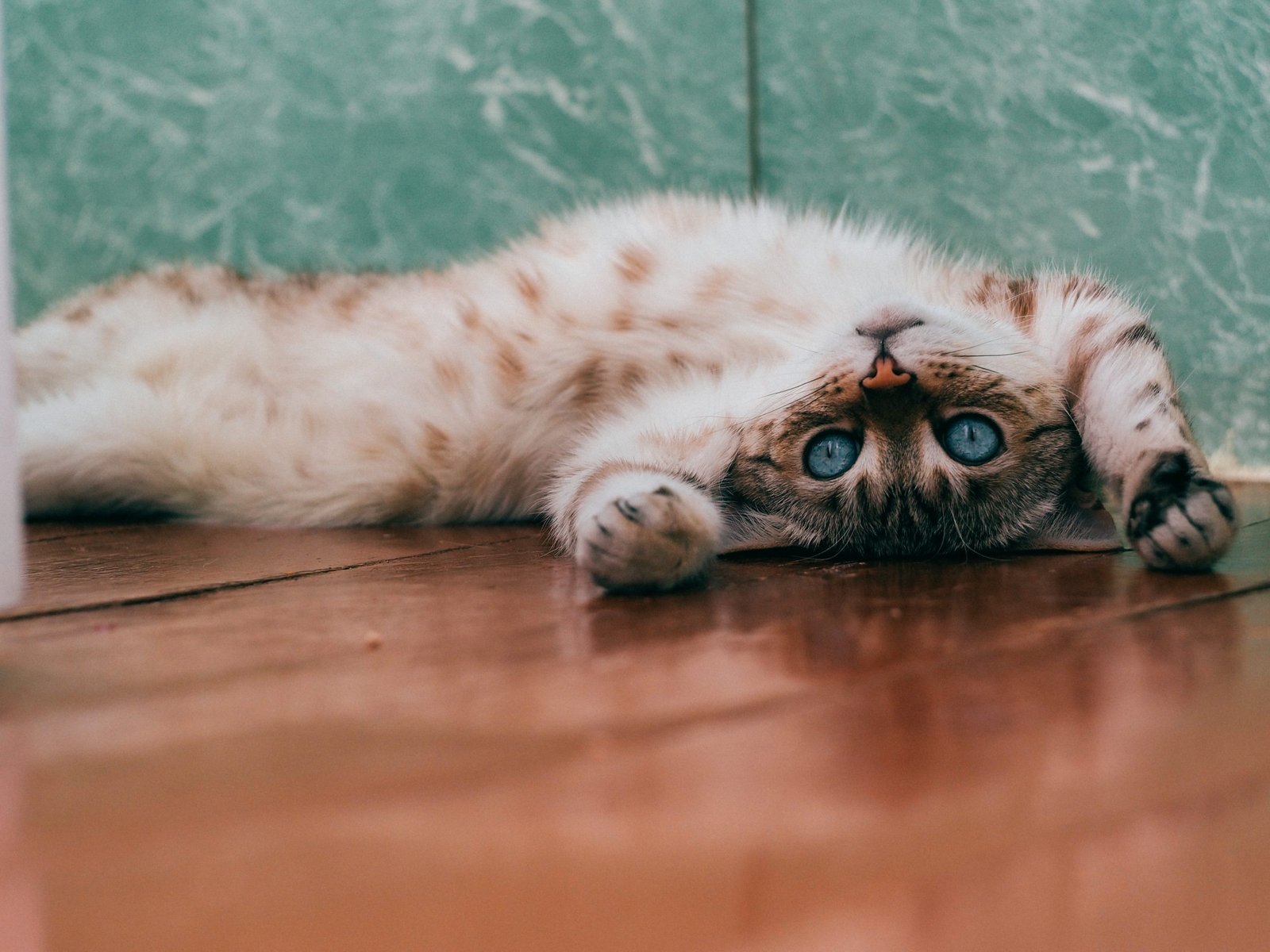7 Reasons to Use CBD for Cats

There are many reasons why cat parents love their cats. When you ask a cat lover why they love felines, there is almost always an answer waiting for you. If you have no interest in cute cat pics or videos, prepare yourself to get flooded with that type of content. Actually, you love cats for more than just their adorableness. For many, one of the most important reasons to have a cat is because they need care all year round. They are just like little kids who need care and support. But sometimes cats get sick, which is one of the worst things that could happen to a cat owner.
To see why your kitty is not feeling well, you will need to look for the most common symptoms in cats. Healthy cats are often very active and playful. They sleep a lot, but they can play when they want to. When your cat is sick, however, things will be different.
CBD for cats may provide tons of benefits. In this blog, you will find 7 reasons to use CBD for cats.
Is CBD Safe for Cats?
Based on reports from veterinarians and pet owners, CBD for cats appears to be safe. Pets may become sleepy or develop an upset stomach when given large doses of CBD, but these problems will resolve if the CBD is discontinued. Additionally, CBD is known to have little or no side effects on animals.
Healthy cats appear to tolerate high doses of CBD, but it may cause mild sedation or slight ataxia in some cases. No signs of toxicity have been observed during treatment over a wide dose range. However, note that the safety of administering CBD would need to be evaluated regularly for long-term use.
CBD Oil Dosage for Cats
No single dose of hemp CBD oil is the same for every cat, as many factors determine how much one may need.
Different animals handle heat differently. Some animals do not have as many receptors, and you may need to experiment to find the right amount and frequency.
If the result doesn't appear in 30 minutes at the lowest dose, increase it.
Urinary disease
Usually, people think that bacteria cause urinary tract disease. However, recent research shows that the leading cause of the disease is inflammation. CBD is a well-known option to fight inflammation, thus can help your cat to ease the symptoms.
CBD for Cats with Anxiety

A cat's anxiety can manifest in its actions. An anxious cat might have physical reactions such as increased heart and respiratory rates, panting, trembling, or salivation.
The most apparent changes observed are increased movement, vocalization, and hiding. CBD can help cats who suffer from anxiety, as it relieves stress that leads to complications.
CBD Oil for Cats Seizures
A seizure in a cat is manifested by unwieldy muscle activity, often described as fits or convulsions. Seizures typically last for a few seconds to a few minutes, but some can last for hours.
Treating epilepsy and other disorders with conventional medicines can be a difficult task. However, CBD for cats shows excellent potential as an alternative for dealing with seizures.
Identifying cannabinoid receptors (CB1) within the endocrine system and the immune system has led to an understanding that these receptors are involved with many functions related to homeostasis. Cannabinoids directly affect neurotransmitter release, ion permeability, and membrane fluidity, all of which are related to seizure activity.
Cannabinoid receptors are mainly expressed in central nervous system cells and are also activated by cannabinoids produced in the body itself. Understanding the specific interactions between these receptors and chemicals obtained from cannabis allows us to use CBD to treat cat seizures.
Vomiting and Diarrhea
Inflammatory bowel disease, vomiting, and diarrhea could be made more manageable with the help of cannabinoids. Cats usually experience these symptoms because of gastrointestinal issues. Cannabinoid receptors are found in the gut, so it is not surprising that cannabis can help. Cats have cannabinoid receptors that respond to compounds similar to those in marijuana – like anandamide and THC.
Overall Health
CBD for cats can indeed impact the cat's immune system functioning as an antioxidant and neuroprotectant.
Cannabinoids and endocannabinoids play a role in immunomodulation through their direct effects on immune cells and indirect impact on the production of other cytokines.
While improving the cat's resistance system, owners can be sure that they protect the cat from malignant growths.
CBD Oil for Cats with Kidney Disease
Cats living with Chronic Kidney Disease (CKD) naturally reach old age, which is when this life-threatening disease typically presents itself. In felines that present with CKD symptoms, the progression of those symptoms worsens over time. Of all cats, most experience complete kidney failure with no apparent cause.
Traditional treatments for kidney disease in cats address the condition's symptoms without dealing with its underlying cause. Restricting the amount of sodium, protein, and phosphorous in feline CKD meals while increasing omega-3 reduces symptoms.
A growing number of reports from pet owners claim cannabidiol (CBD) as a potential treatment for chronic kidney disease. CBD oil is a natural anti-nausea agent while providing relief for pain, inflammation, and anxiety. All of the symptoms of CKD are known to be relieved with CBD oil for cats.
However, the U.S. Food and Drug Administration warns against using CBD products on animals because it is unknown how it can affect the animal's health. Still, many cat owners diagnosed with kidney diseases continue using CBD and are pretty much satisfied with the results.
CBD Oil for Cats Aggression
Cats experiencing pain are aggressive and avoid being touched. Cats with severe painful conditions, orthopedic problems, adrenal dysfunction, and neurological disorders can all experience increased irritability.
In cats, most of the symptoms associated with these diseases are caused by inflammation. CBD can help reduce or eliminate aggression in affected cats by targeting this inflammation.
As already mentioned, studies done on animals show that CBD decreases pain and inflammation.
To Conclude
Research has shown that CBD for cats is safe to use as It helps address different health conditions. CBD's potential benefits can help with symptoms of anxiety, pain, and inflammation.
However, according to some veterinarians, CBD's effectiveness in treating any behavioral problem for cats has not yet been proven.
Additionally, even if you feel CBD benefits right away, long-term effects on animals and humans have not yet been observed. Until more scientific research establishes the effectiveness of CBD for cats, cat owners should be cautious about its use.
It is crucial to consult with a veterinarian experienced in using CBD oil before giving it to your cat.



